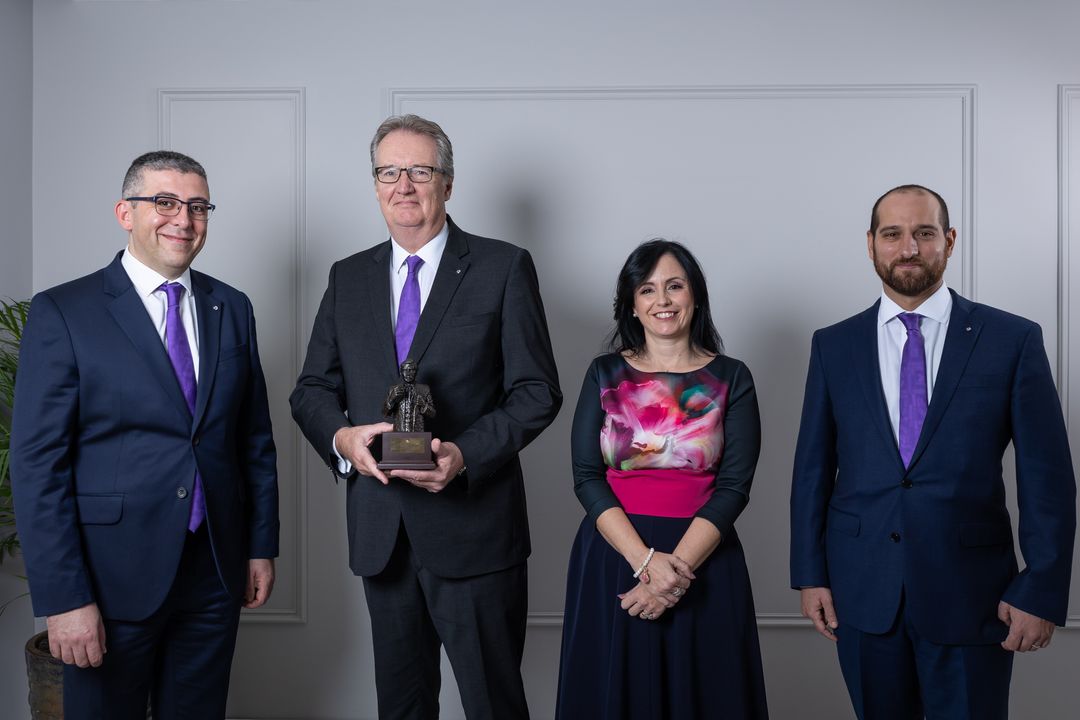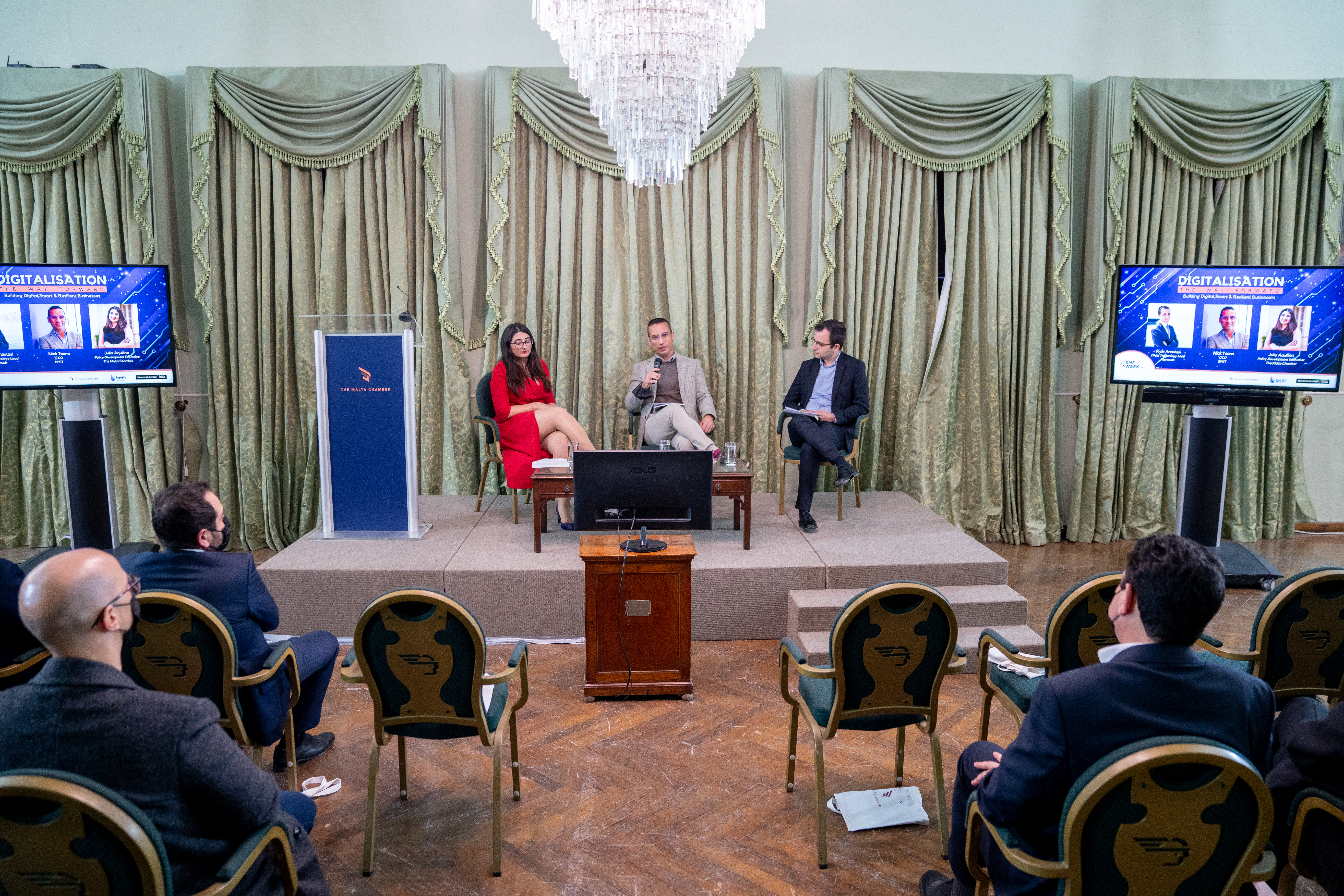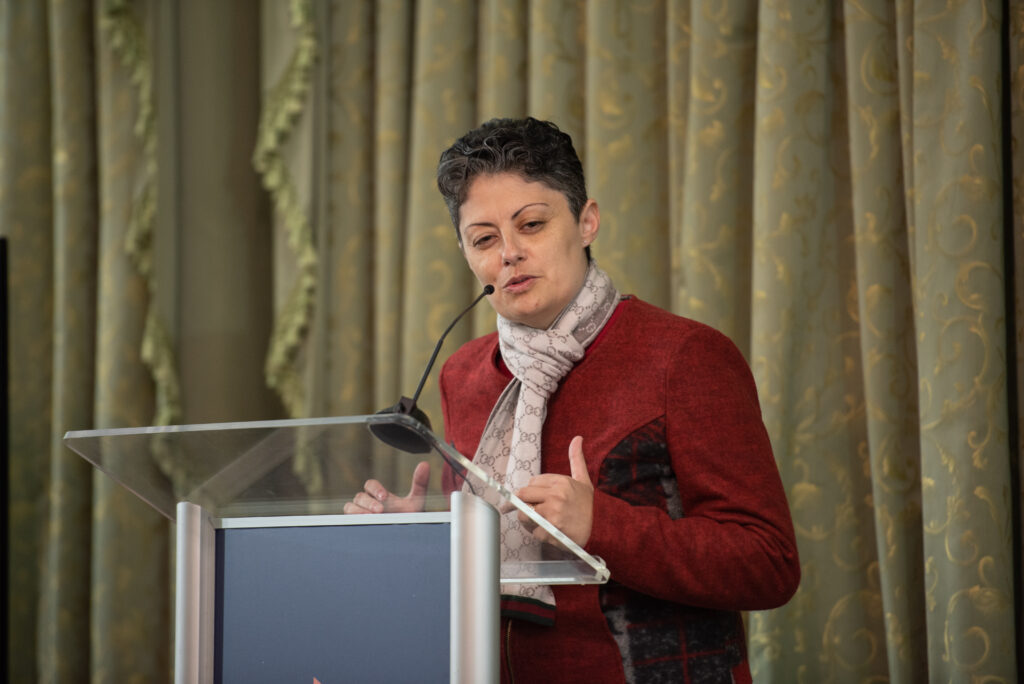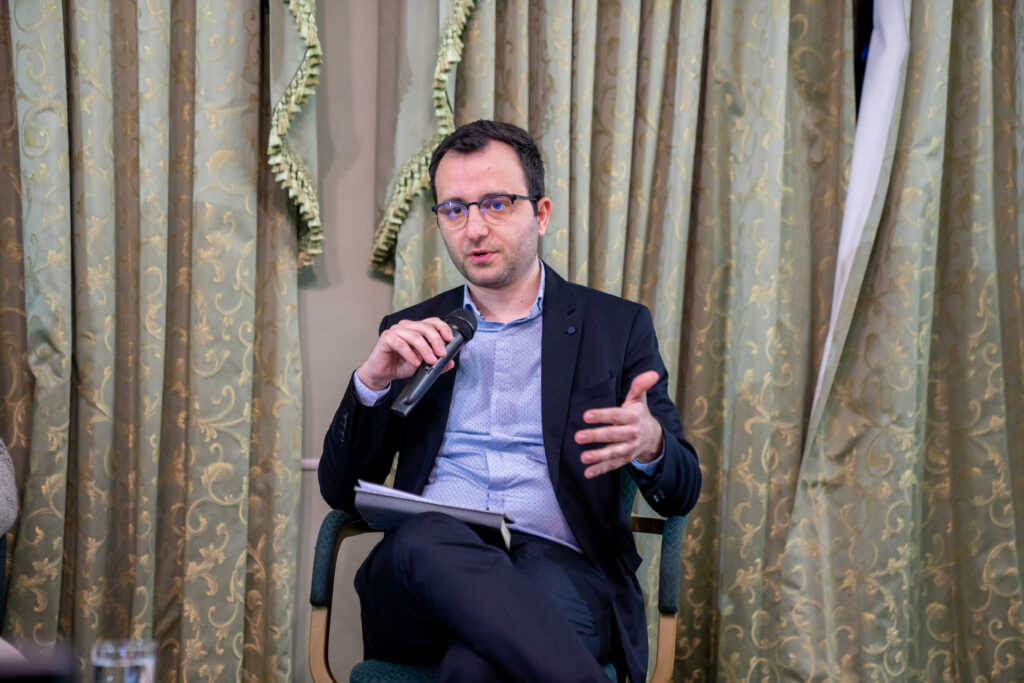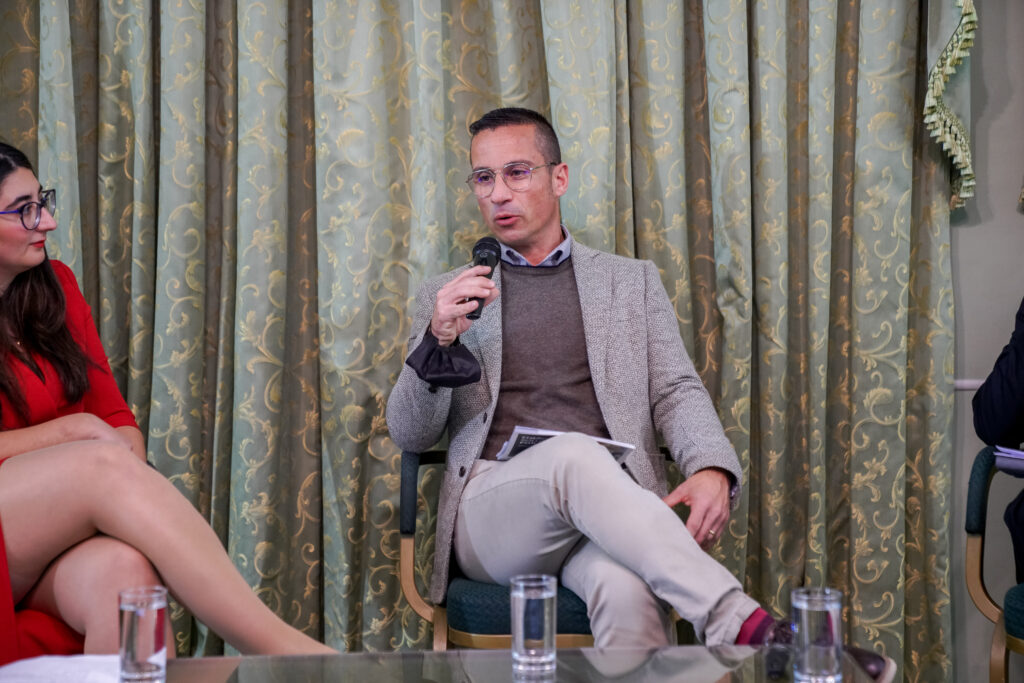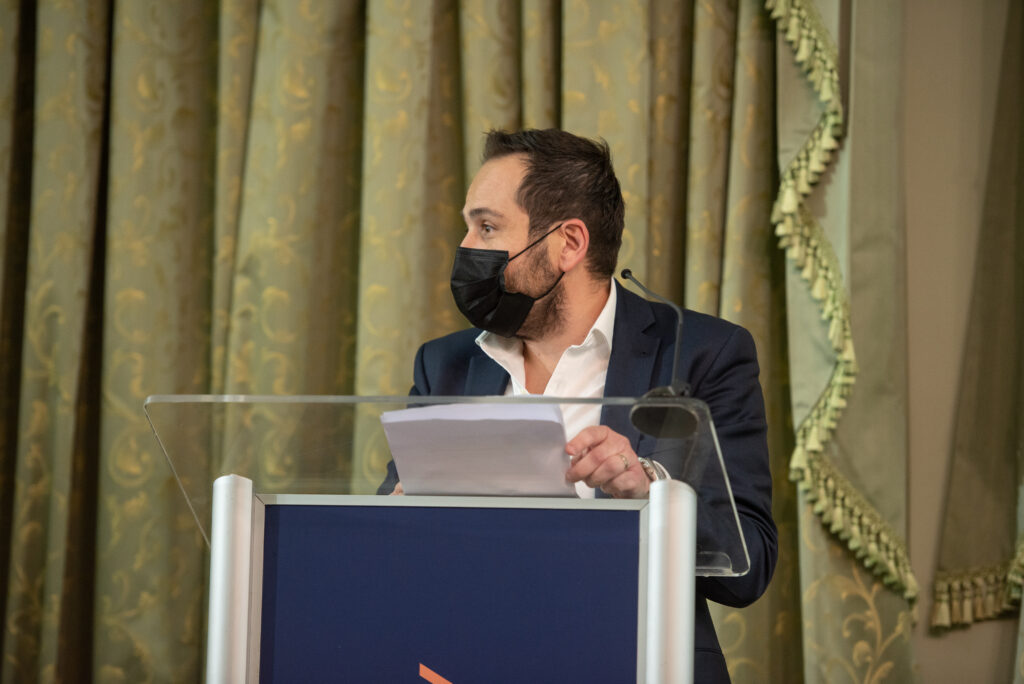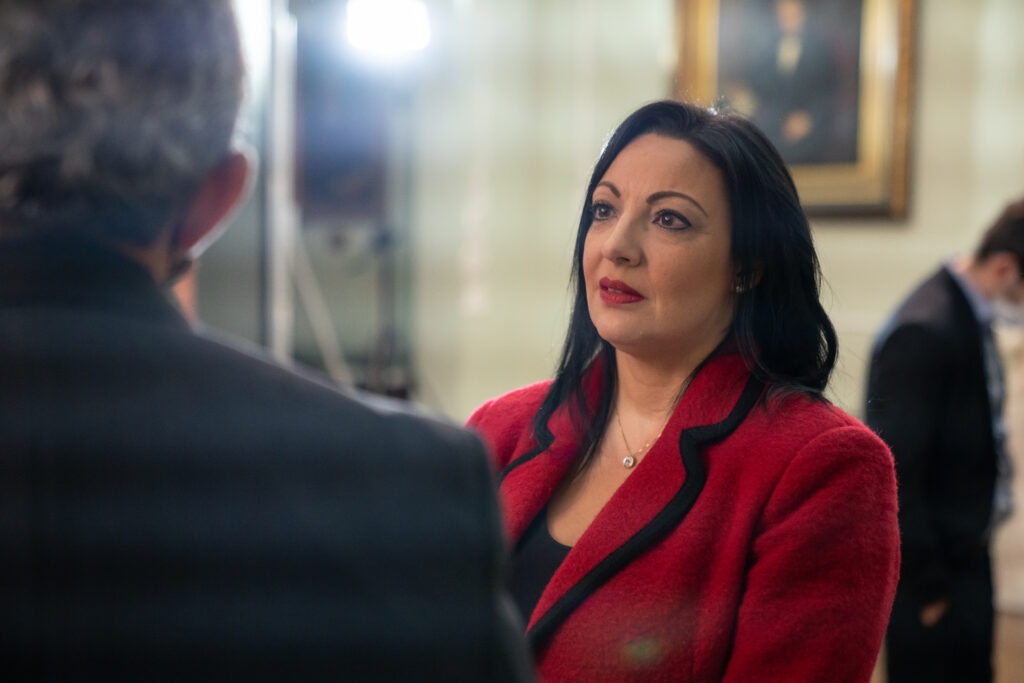BNF Bank has been awarded ‘Bank of the Year 2021’ for the second consecutive year, retaining its position as one of the leading financial institutions in Malta. This year, the judges of ‘The Banker’ a publication of the Financial Times, recognised the steadfast commitment exhibited by BNF Bank towards its customer base, focusing on its adaptation to establish sustainable long-term strategic growth, digital transformation and societal responsibility.
BNF Bank proved to be a reliable partner for its customers, providing them with a seamless experience and crafting the best possible solutions to meet their needs throughout life’s journey.
By combining leading technology with the human element of its people, drawing from their insights, experience and expertise, BNF Bank positioned itself as playing a key role in establishing stability for what the future holds and building a new future underpinned by a strong recovery.
Despite the turbulence faced by banking institutions across the globe, BNF Bank reported an increase in profitability throughout 2021, indicating a strong financial performance that serves as the foundation for the bank’s objectives for the forthcoming three years.
The award also acts as a commendation for BNF’s effective crises management solutions, which prioritises the health and safety of staff while achieving continuity in business processes.
Commenting on the award in his award acceptance speech, Michael Anthony Collis, Chief Executive Officer and Managing Director at BNF Bank, explained that “during the past two years, we have increased our efforts to provide superior customer service and to work towards establishing stability along the path to economic recovery. In the face of challenge, we are proud to be recognised as a strong pillar of the financial services sector within our society.”
Having successfully laid out its digital transformation roadmap, BNF Bank seized the opportunity to accelerate its plan over the past year and work towards achieving this long-term strategy.
Innovation is the driving force behind the digitisation of BNF’s services, which includes extended customer support hours using virtual dialogue, an improved User Interface for BNF’s online banking platform, launching a mobile application, upgrading the Chatbot and shifting towards contactless payments on both debit and credit cards.
While BNF Bank is focused on growing its own digital channels, the technology drive remains solidly founded on the notions of scalability, speed, security and stability – foundations for the BNF digital transformation journey.
“Owing to the continuous support and investment by the shareholders, BNF Bank has succeeded in implementing a customer-centric strategy through a localised and community-based approach which is pivotal to the Bank’s strategy to become the Bank of choice in Malta” explained Mr Collis.
Whilst praising his team members for this recognition, he added that “this step was facilitated by the strengthening of our core business of Retail and Corporate Banking, together with our internationalisation drive that has been bolstered by the opening of our London branch.
This enables us to forge even closer ties to the Maltese economy as well as establish strong relationships with leading international banks. Through innovation and dedication of all our staff, we can continue to ensure a seamless, modern and personalised banking experience for our customers,” said Mr Collis.
